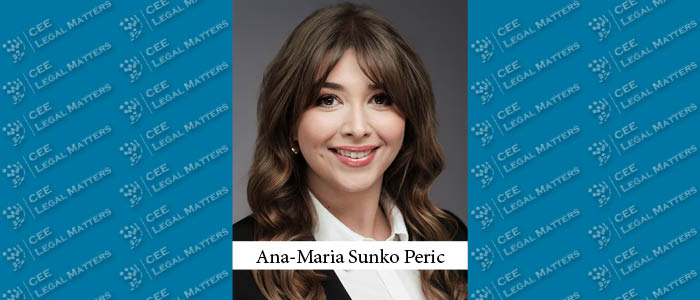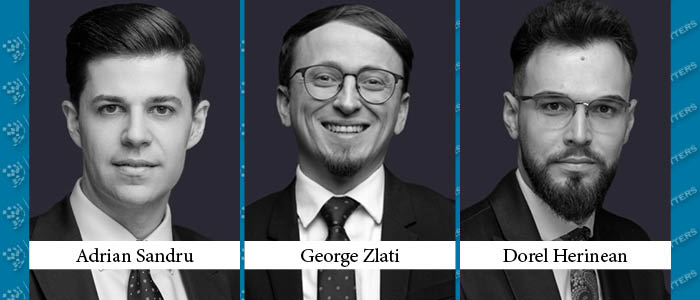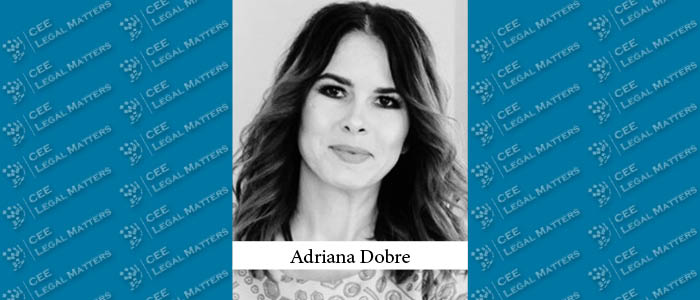By the Law of Ukraine as of April 7, 2015 No 289-VIII “On Amendments to Certain Legislative Acts of Ukraine on the protection of investors", the institute of "derivative suit" was introduced into Ukrainian corporate law. Derivative suit was provided as an additional protection of companies’ interests from fraud actions of officials.
The essence of derivative suit is to grant shareholders with the right to sue in the interests of JSC and to prosecute companies’ officials for damages caused by their unlawful acts or omissions. The derivative suit is acceptable only in disputes over the damages caused to the company by its officials.
Such a right is vested only to shareholders, who own at least 10% of ordinary shares. Association of shareholders, which possess smaller size of shares, with the aim of bringing the mentioned suit isn’t allowed in accordance with Ukrainian legislation.
In such court proceedings, the company itself will act as the plaintiff while shareholders will act just as company’s representatives.
The derivative suit could be brought against the following officials:
- Chairman and members of Supervisory Board;
- Chairman and members of the Board;
- Chairman and members of Audit Commission;
- Company’s Auditor;
Head and members of another executive body if it is established and provided for by the Company’s Bylaws.
In these cases, company’s officials who are defendants before the court are not allowed to represent the Company as well as to appoint representatives of the Company.
Information about derivative suit is available for all stakeholders (other shareholders, potential investors, etc.) This information will be disclosed on the official website of the Supreme Economic Court of Ukraine. So, in case of a derivative suit, all stakeholders will be aware of relations between management and main shareholders of the company, and which, in its turn, may affect normal activities of the company, especially when company’s shares are traded on stock exchange.
In addition, it should be noticed, that beside of the obvious positive impact of the derivative suit’ introduction, it may also have a negative consequences, especially when it is used as a tool within corporate conflicts.
A necessary condition for the allowance of a claim is strong evidence in place, proving that damages were actually caused and they were caused by unlawful actions of company’s officials. Given that damages are inalienable in any business, evidential burden is seems to be more complicated than in other cases.
Therefore, in case of unlawful actions of officials and lack of (or impossibility to prove) direct damages, derivative suit should be used in conjunction with other levers of influence on officials, which are provided for by Law. For instance, it could be the following measures:
- calling the Supervisory Board to decide on the removal of the Chairman or member of the Executive Board as well as to appoint an Acting Chairman of the Executive Board (p. 10 of part 2 of article 52 and p.1 part 2 of article 62 of the Law “About Joint Stock Companies”);
- initiation of convening of the Extraordinary General Meeting of Shareholders by the Supervisory Board in order to decide on termination of powers of the Executive Board and election of a new one (p. 1 of article 47 of the Law of Ukraine “About Joint Stock Companies”);
- convening an Extraordinary General Meeting of Shareholders independently if the Supervisory Board didn’t convene it itself within 10 days after receipt of the corresponding written request (p. 6 of article 47 of the Law of Ukraine “About Joint Stock Companies”);
- in case of offenses committed by officials - appeal to the National Commission on Securities and Stock Markets, so that enforcement actions against company’s officials could be taken.
By Roman Gumeniuk, Associate, GOLAW





























